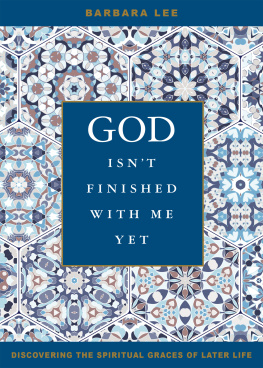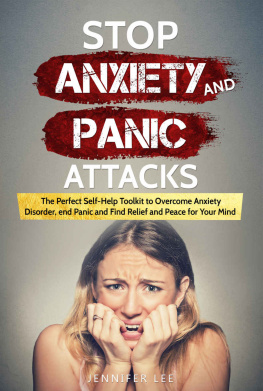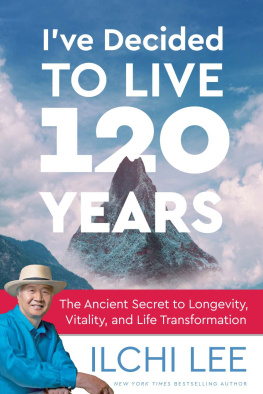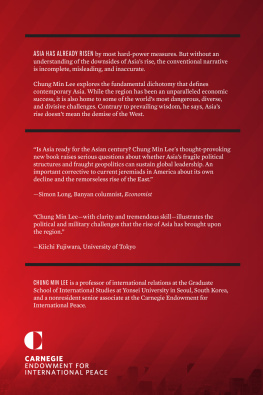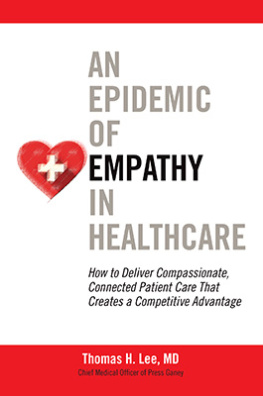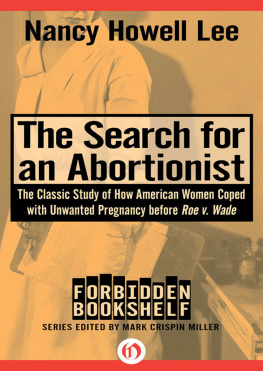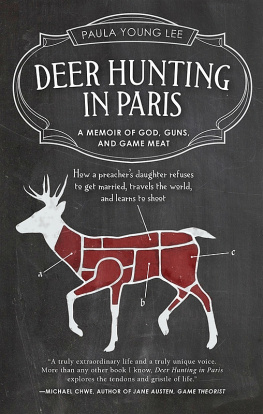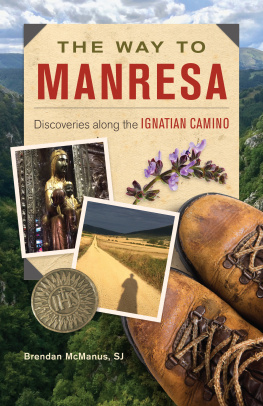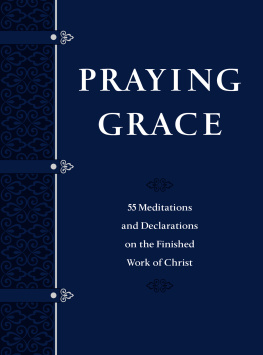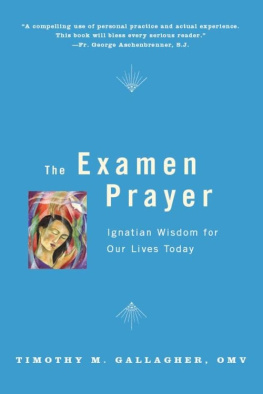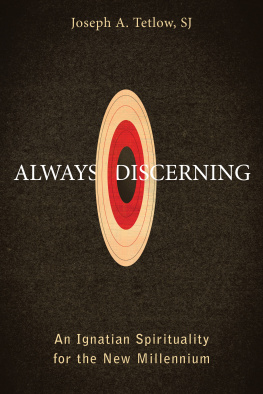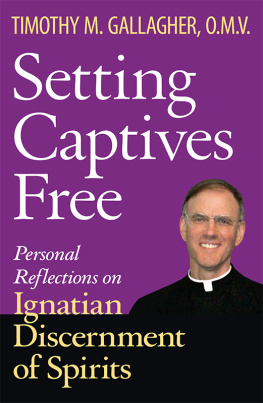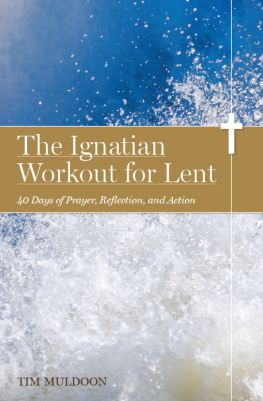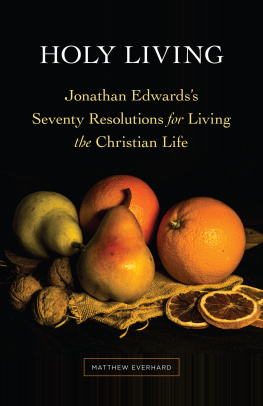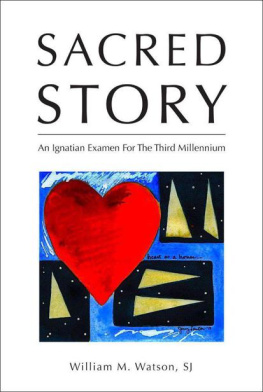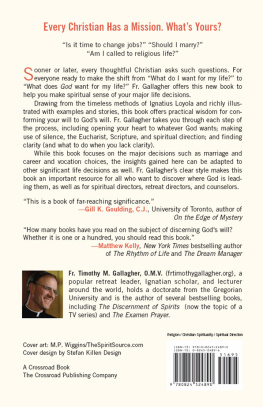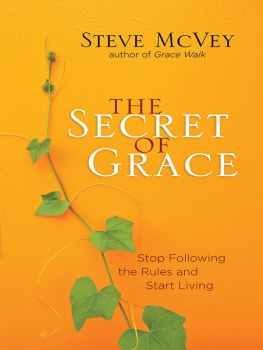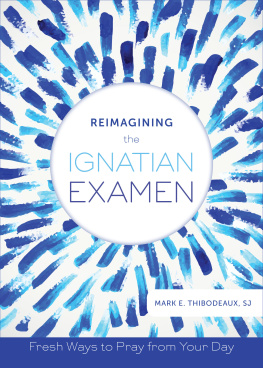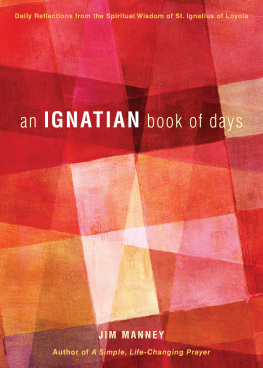In the late 1970s, the parish council of which I was a member undertook a survey of parishioners interests and needs. Our objectives were to identify unmet needs and to improve existing parish organizations and services. One woman responded with a single sentence: I am eighty-six years old, and my opinions dont matter.
I only gradually began to find some answers as I myself aged.
My Story: Why This Book?
When I retired after a rewarding career as a lawyer and a judge, I discovered that I had become invisible. As a litigation partner in a law firm at a time when women were still a small minority in the field of law, I was recognizable. As a judge, I received respectful deference, sometimes excessively so, from the lawyers who practiced before me. Suddenly, for the first time in my adult life, it was Monday morning and I had no appointmentsnobody awaiting my arrival; nobody calling my still-unlisted telephone number. As an only child who never married, I could not take convenient refuge in spending more time with the family. I had to address the question, Who am I now?
In 1962, I was one of sixteen women in a Harvard Law School graduating class of 468. Harvard had been the last major law school to admit women, in 1950, and in the early sixties there were still professors who explained at length why it had been a bad idea. The reason most often given was that we were taking up places in the class that would otherwise have gone to men who would use their legal education. (The sixteen women in my graduating class include three judges and four law professors.) Some of the older faculty complained that now they were required to clean up their language. It took a strong sense of self to compete in that environment. The answer to Who am I? was clear. I saw myself as a lawyer and as a person who knew how to succeed in a competitive, even hostile, environment. After graduation, the challenges were greater: laws prohibiting discrimination based on sex did not exist prior to the Civil Rights Act of 1964, and that law was not widely enforced for another decade after that. I persevered because I truly believed that this was my vocation.
During much of my career, I often felt that I had one foot in each of two worlds. I worked in an aggressively secular environment, among people who did not share my values. At the same time, I was active in parish and ecumenical activities among religious people who had no concept of my professional life or the special pressures it involved. By the time I was in my early forties, I was searching for a way to integrate these two ways of living. My spiritual director at the time recommended that I make the Spiritual Exercises of St. Ignatius. I did so in the form known as The Retreat in Daily Life (also known as The Nineteenth Annotation). Over an eight-month period, I met weekly with my director and under her guidance followed a prayer schedule in accordance with Ignatiuss schematic, including Scripture reading and journaling. In the course of making the Exercises, I learned something about decision making and how to pray with Scripture, both of which I will discuss in detail later in this book. I also acquired a better understanding of my vocation. When my director asked if I could summarize in a sentence what the Exercises meant for me, I said, quoting an older translation of St. Paul: I live, yet not I, but Christ lives in me (Gal. 2:20).
All things happen in Gods time. A few months after I completed the Exercises, the law firm of which I was a partner dissolved because of a conflict between the two principal partners. I was downsized before the word was in my vocabulary. Who was I? No longer a partner in a law firm, I still defined myself as a lawyer and a person who knew how to succeed in a competitive environment. Applying what I had learned about prayerful decision making, I decided to open my own office. I saw a chance, as a solo practitioner, to better integrate the two worlds in which I was livingfor example, by taking on more pro bono work than had been possible in my former situation. Among other things, I represented a not-for-profit organization, which I billed at a reduced rate or not at alloptions that would not have been approved at my previous firm. I now had the freedom to do something new.
With the freedom came new challenges. I had to spend a great deal of time on client development and office management rather than on actual billable work. Not all clients paid promptly, but the rent, my secretarys salary, and all the other necessary office expenses nevertheless had to be met. Today there are a number of bar association programs and other resources for lawyers in these circumstances, but in the 1980s there was no playbook. I was on my own. I had to make choices about what to spend money on and how to allocate my time. I gained a new appreciation for these resources and the fact that all were gifts of God, to be used in love and service.
After five years of what I called my desert period, I became a U.S. Magistrate Judge. Life could not have been more different. At the very beginning, an older judge gave me some advice that I think applies in life as much as in court. He said, You cant change all the injustice that you see. All you can do is try to do justice in the individual case before you. That wisdom now seems to me to extend to the spiritual life: All we can do is live in the present moment and try to find the grace in it.

